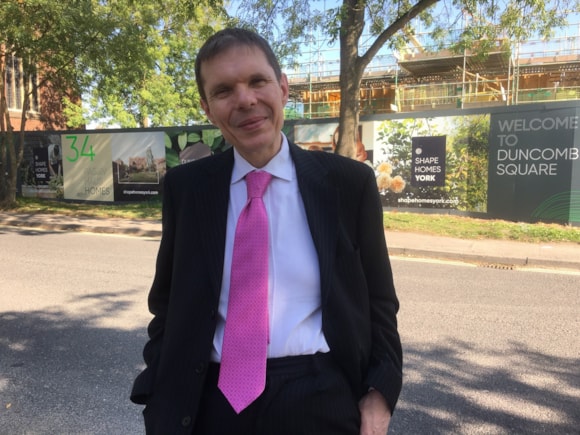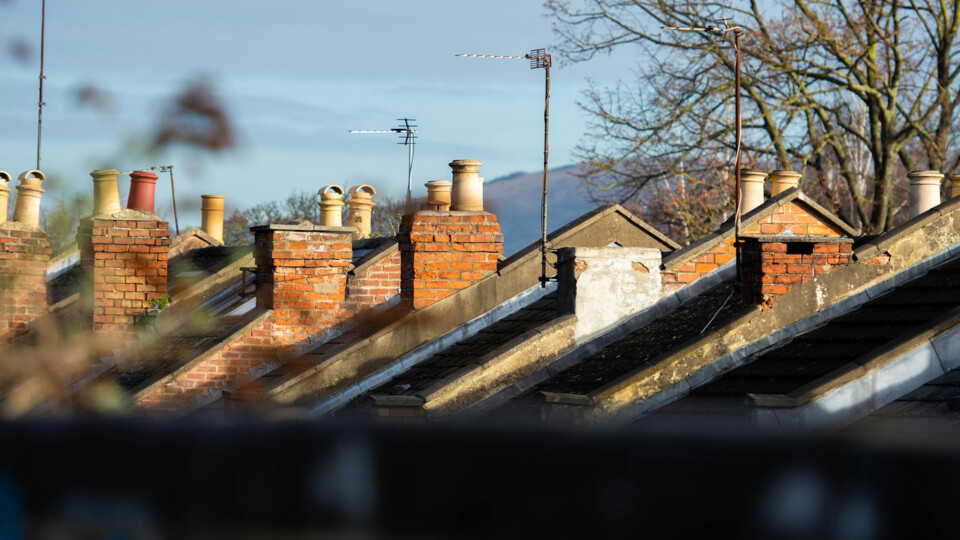Quality and quantity of council homes to increase
Councillors are looking at new and innovative ways to significantly increase the quality and quantity of affordable homes in York, so more residents can find secure and genuinely affordable homes.
To do this, the Council is reporting on recent house building and buying, and has identified a number of opportunities to boost affordable housing delivery. These include selling outdated or unsuitable property or land, and investing the capital raised in buying or building more, modern, energy-efficient homes which better meet our residents’ longer-term needs, alongside the continued delivery of 600 homes by the Council’s Housing Delivery Programme (HDP).

Over the last four years, the HDP has created 164 additional affordable homes – 56 are newly built and 108 have been bought. Existing building projects will deliver 67 new affordable homes and 12 more will be bought. The next phase of the HDP is to build 100% affordable Passivhaus homes. These are super energy efficient, zero carbon in use homes and 101 will be built at Ordnance Lane, Fishergate and about another 40 at Willow House in Walmgate.
Another route to boosting housing delivery across the city is working in partnership with registered housing providers to sell land assets for the delivery of affordable housing. Such sites for building 100% affordable homes include:
- a plot on Lowfield Green in Acomb earmarked for homes for residents aged 55+
- the site of the former Morrell House in Clifton
- Castle Mills in the city centre.
Whilst opportunities to maximise affordable housing have been explored on all council owned land, there are some surplus sites which are unsuitable for affordable housing and have therefore been identified for sale on the open market. These include 22 The Avenue in Clifton, and five apartments in The Shambles.
Of the 7,400 homes the Council currently owns and manages, some of these are older properties which are difficult and expensive to bring up to standard, adapt and repair. 140 of these early 20th century homes have been identified for disposal. They – especially those in high value areas of the city – will be gradually sold as and when they become vacant over the coming years, and replaced with more modern homes that are economical to run, adapt and repair.
Homes built in a non-traditional way or without cavity walls require a level of retrofit works which can be prohibitively expensive. The level of investment they need, would be used instead to improve the homes of a greater number of residents who live in more standard house types which are less expensive to improve.
Councillor Michael Pavlovic, Executive Member for Housing at City of York Council, said: “We are committed to providing good quality, affordable housing for residents who struggle to afford market rates in the city where average house prices are now about 11 times the average salary. This is key to our residents’ wellbeing and financial security, as well as meeting our objectives to tackle climate change, health and economic challenges.
“Our approach demands innovation and partnership with other social housing providers alongside financially supporting our 30-year Housing Revenue Account (HRA) business and investment plans. Looking ahead, we will strengthen and build strategic partnerships around land, funding, and shared objectives. Beyond the city boundaries, a strong partnership with North Yorkshire Council and Registered Providers is vital, as is exploring opportunities with the Combined Authority to boost affordable housing delivery.”
Reports on Acquisitions and Disposals, and on the Housing Delivery Programme and Asset Disposals will be discussed by senior Councillors as part of the Agenda for Executive on Thursday, 18 July 2024, 4.30 pm (york.gov.uk) which can be watched live at Meeting webcasts – City of York Council.

